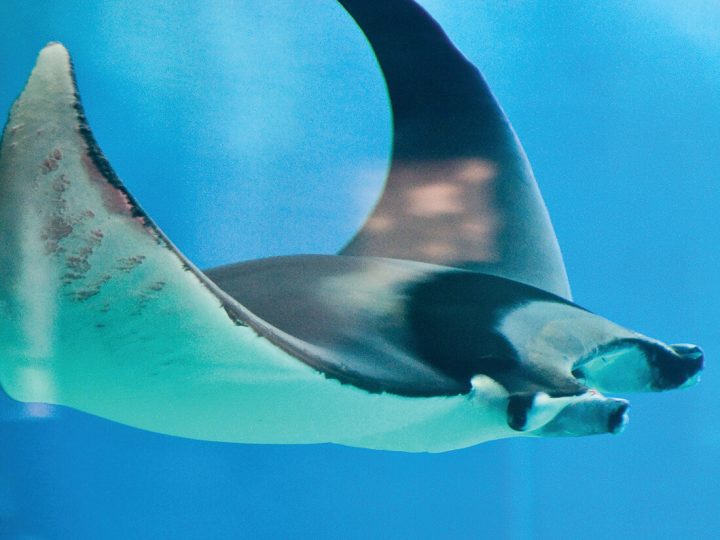For a state with millions of residents and visitors who fish, one can find a number of Florida towns named after fish. Tarpon Springs in Pinellas County, for example, took its name from the many tarpons seen in the area.
Florida place names from Native American phrases that referred to fish include Charlie Apopka Creek in Hardee County, which meant “trout- or bass-eating place” in an old Native American language. The same Creek word “apopka” is found in Citrus County’s name of Lake Tsala Apopka, meaning “a place for eating trout/bass.” Olustee in Baker County has a name that derives from the Seminole–Creek word “oklasti,” meaning “blackfish.”
The former site of Charley Emathla in Marion County was named after a Seminole of the same name who agreed to federal efforts to move the Native Americans to the West, and that led to his execution by Seminoles led by Osceola, who did not want his followers to emigrate. The name of the Native American, Charley Emathla, and of the site comes from a Creek word meaning “trout.”
Fisheating Creek in Highlands and Glades counties has a name derived from a Seminole phrase meaning “the creek where fish are eaten.” Someone thought the community of Fisheating Creek needed a more “dignified” name and changed it to Tasmania.
Devilfish Key in Lee County takes its name from a large manta ray, called the Devilfish (see photo). The key/island took its name from a large, 30-foot-wide devilfish President Theodore Roosevelt caught near Captiva Key in the early 1900s. After an all-day battle with the fish, the president managed to beach the creature on a small island in Blind Pass, an event that gave the name Devilfish to that island from then on.
An unusual name that derives from a method of cooking fish is Pass-A-Grille Beach in Pinellas County. Allen Morris, in “Florida Place Names,” wrote that the English spelling of the site goes back to the French “Passe-aux-Grilleurs” and referred to the fact that fishermen there who “passed over/crossed” the island stopped to “grill/cook” their meals.
Pompano Beach in Broward County has a name going back to a survey party for the Florida East Coast Railway who were treated by a local family to a pompano dinner. To inform future survey parties about the delicious fish they ate there, the surveyors wrote the word “pompano” on their charts. Those who later followed thought that “pompano” referred to the name of the settlement, added “Beach,” and the name stuck.
Fish-sounding names that were not named after fish, include Fish Island, which was named during the British control of Florida (1763 – 1783) in St. Johns County after Jesse Fish, an important resident of the area.
If some of this sounds fishy to you, check out the definite “Florida Place Names” mentioned above.
Kevin McCarthy, the award-winning author of “South Florida Waterways” (2013 – available at amazon.com for $7), can be reached at ceyhankevin@gmail.com.
